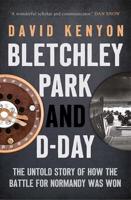Publisher's Synopsis
The Crimean region has been the location of numerous battles over the centuries including the famous Charge of the Light Brigade during the Battle of Balaklava in the mid-1800s. Decades later, during World War II, this area became the site of an even more ferocious battle between Germany and Russia. The attacking German 11th Army was commanded by General Field Marshall Erich von Manstein whose goal was to overrun the Crimean Peninsular and take Rostov. The capture of the naval fortress of Sevastapol on the southwestern tip of the peninsular was set to be the ultimate prize. The Russian Black Sea Fleet defenders fought bitterly as they reinforced the defenses of Sevastapol and the Crimea. A series of thrusts and counter-thrusts ensued, with Germany only able to clear the Crimea on 18 May 1942. Manstein was able to set his sights on Sevastapol, with its defences including pillboxes, gun emplacements, anti-tank ditches, minefields and wire entanglements. Although German units encircled the city and an 80cm"Gustav" railway gun and 60cm Morser Karl bombarded the defences, it took weeks of fighting before the second defensive line was breached during Operation Sturgeon Catch. The city was bombarded mercilessly until it finally fell on 3 July. This volume by Hans Seidler is brimming with black and white photographs. The sharply reproduced images show mostly German personnel and their vehicles and weapons. Each photo is well captioned with details about uniform and equipment. Also included are four colour plates by the talented illustrator Dmitriy Zgonnik, showing German infantrymen in typical dress as they fought in the Crimea. This informative volume will provide a welcome reference for military history buffs.










